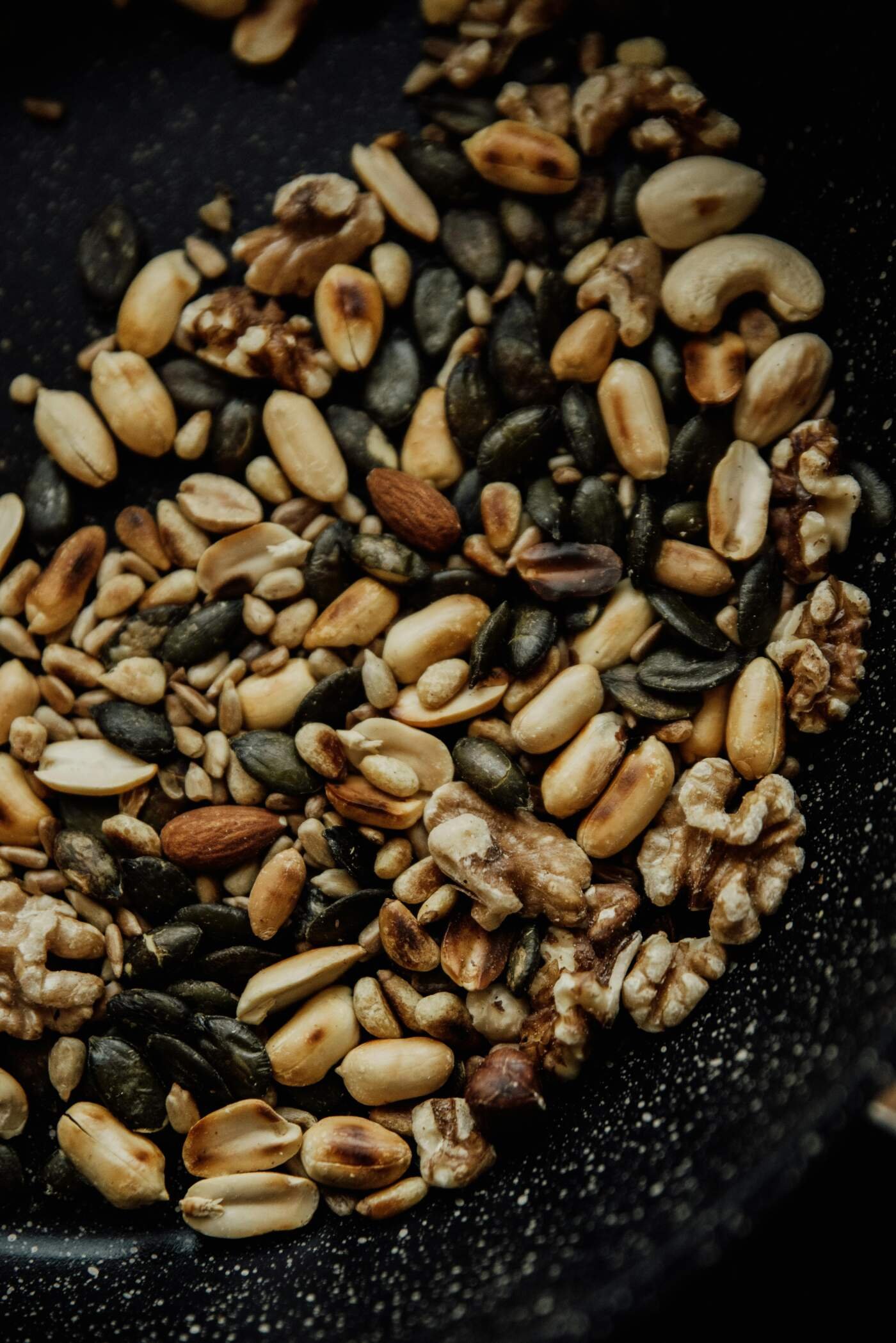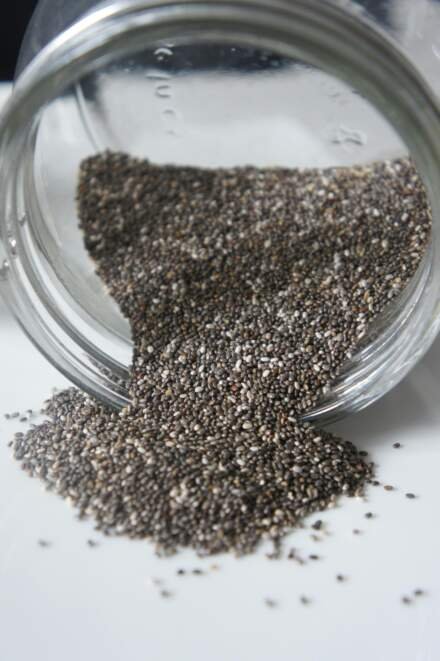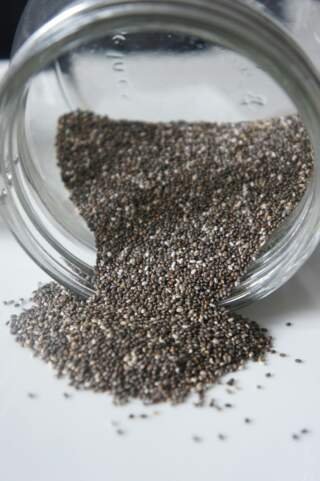The Comprehensive Guide to How Nuts Support Fitness and Health- Nuts have long been celebrated as one of nature’s most nutrient-dense foods, offering a powerhouse of essential nutrients that can significantly contribute to overall health and fitness. Whether you are an athlete, a fitness enthusiast, or simply someone who wants to maintain a healthy lifestyle, incorporating nuts into your diet can yield remarkable benefits. This comprehensive guide will explore the multifaceted ways in which nuts can support your fitness journey, from their rich nutritional profile to their specific benefits for weight management, cardiovascular health, muscle recovery, and overall well-being.
Understanding the Nutritional Profile of Nuts
Nuts are small but mighty when it comes to their nutrient content. They are packed with a wide array of macronutrients and micronutrients, making them an excellent choice for anyone looking to enhance their diet. The primary components of nuts include healthy fats, protein, fiber, vitamins, and minerals.
- Healthy Fats: The fat content in nuts is primarily composed of unsaturated fats, which are beneficial for heart health. These include monounsaturated and polyunsaturated fats, which help lower LDL (bad) cholesterol levels and increase HDL (good) cholesterol levels. Omega-3 fatty acids, particularly found in walnuts, play a crucial role in reducing inflammation and supporting cardiovascular health.
- Protein: Nuts are an excellent source of plant-based protein, providing all the essential amino acids needed for muscle repair and growth. Protein is a vital nutrient for anyone engaged in regular physical activity, as it helps to repair damaged tissues, build muscle mass, and maintain a healthy metabolism.
- Fiber: Dietary fiber in nuts contributes to digestive health, helps regulate blood sugar levels, and promotes a feeling of fullness, which can aid in weight management. Fiber also plays a role in reducing cholesterol levels and supporting a healthy gut microbiome.
- Vitamins and Minerals: Nuts are rich in a variety of essential vitamins and minerals, including vitamin E, magnesium, potassium, zinc, selenium, and iron. These nutrients are critical for numerous bodily functions, including energy production, immune support, bone health, and oxidative stress reduction.
- Antioxidants: Many nuts, such as almonds and hazelnuts, are rich in antioxidants like vitamin E and polyphenols. Antioxidants help combat oxidative stress, which can occur during intense physical activity and contribute to muscle fatigue and damage.
Specific Types of Nuts and Their Unique Benefits
Different types of nuts offer distinct benefits, making it advantageous to include a variety in your diet. Here’s a detailed look at some of the most popular nuts and the specific advantages they provide:
- Almonds: Almonds are a nutritional powerhouse, packed with vitamin E, magnesium, and protein. Vitamin E is a potent antioxidant that protects cells from damage, particularly during exercise. Magnesium plays a key role in muscle function and energy production, while the protein in almonds supports muscle repair and growth.
- Walnuts: Walnuts are one of the best plant-based sources of omega-3 fatty acids, which have powerful anti-inflammatory properties. Omega-3s help reduce muscle soreness after exercise and improve heart health by lowering blood pressure and reducing cholesterol levels. Walnuts are also high in polyphenols, which further enhance their antioxidant capacity.
- Pistachios: These nuts are lower in calories compared to others, making them a great option for those looking to manage their weight. Pistachios are rich in potassium, a mineral that is essential for muscle contractions, nerve function, and maintaining fluid balance in the body. They also provide a good amount of protein and fiber, promoting satiety and supporting digestive health.
- Cashews: Cashews are an excellent source of iron and zinc, two minerals that are vital for immune function and energy metabolism. Iron helps transport oxygen to muscles during exercise, while zinc supports protein synthesis and cell repair. Cashews also contain heart-healthy monounsaturated fats, making them a well-rounded choice for fitness enthusiasts.
- Brazil Nuts: Brazil nuts are renowned for their high selenium content. Selenium is a powerful antioxidant that supports thyroid function, boosts the immune system, and helps reduce the risk of chronic diseases. Just one Brazil nut provides more than the daily recommended intake of selenium, making it a potent addition to any diet.
- Hazelnuts: Hazelnuts are rich in healthy fats, particularly oleic acid, which is beneficial for heart health. They also provide vitamin E, which supports skin health and acts as an antioxidant, and folate, which is essential for DNA synthesis and cell division.
- Macadamia Nuts: Although higher in calories, macadamia nuts are packed with monounsaturated fats that support heart health. They also provide a good source of fiber, vitamins, and minerals, including thiamine, which is important for energy metabolism and nervous system function.
How Nuts Support Weight Management
One of the most significant concerns for many people when it comes to nuts is their high calorie and fat content. However, research has shown that nuts can actually be beneficial for weight management when consumed in moderation. Here’s how:
- Satiety and Appetite Control: The combination of protein, healthy fats, and fiber in nuts helps promote a feeling of fullness, reducing the likelihood of overeating. This satiety effect can help control appetite and prevent unhealthy snacking, which is crucial for maintaining a healthy weight.
- Caloric Efficiency: Not all the fat in nuts is fully absorbed by the body. Some studies suggest that the actual calorie intake from nuts may be lower than previously thought because a portion of the fat passes through the digestive system without being absorbed.
- Blood Sugar Regulation: The fiber and healthy fats in nuts help stabilize blood sugar levels, reducing insulin spikes and subsequent sugar cravings. This can be particularly beneficial for those looking to manage their weight and avoid the energy crashes that often lead to overeating.
- Portion Control: While nuts are calorie-dense, practicing portion control can allow you to enjoy their benefits without consuming too many calories. A serving size of nuts is typically about 1 ounce (28 grams), which equates to a small handful. Incorporating this amount into your daily diet can help you reap the benefits without overindulging.
- Mindful Eating: Nuts require chewing, which can slow down eating and promote mindfulness. This can lead to better portion control and a greater awareness of hunger and satiety cues.
Cardiovascular Health Benefits of Nuts
Nuts are widely recognized for their cardiovascular health benefits, thanks to their unique combination of healthy fats, antioxidants, and other heart-protective nutrients. Here’s how nuts contribute to a healthy heart:
- Cholesterol Management: The monounsaturated and polyunsaturated fats in nuts help reduce LDL (bad) cholesterol levels while maintaining or increasing HDL (good) cholesterol levels. This balance is crucial for reducing the risk of heart disease.
- Improved Blood Vessel Function: Nuts, particularly walnuts, have been shown to improve endothelial function, which is the ability of blood vessels to dilate and improve blood flow. This can help reduce the risk of atherosclerosis (hardening of the arteries) and other cardiovascular issues.
- Reduced Inflammation: Chronic inflammation is a major risk factor for heart disease. The omega-3 fatty acids, antioxidants, and other anti-inflammatory compounds found in nuts help reduce inflammation throughout the body, supporting overall cardiovascular health.
- Blood Pressure Regulation: Nuts like pistachios and almonds are rich in potassium, a mineral that helps regulate blood pressure by counteracting the effects of sodium. Maintaining healthy blood pressure levels is essential for reducing the risk of stroke and heart attack.
- Antioxidant Protection: The antioxidants in nuts, such as vitamin E and selenium, help protect the heart by neutralizing free radicals that can cause oxidative damage to cells and tissues. This protection is particularly important during periods of intense physical activity, which can increase oxidative stress.
- Lower Risk of Cardiovascular Disease: Numerous studies have linked regular nut consumption with a reduced risk of cardiovascular diseases, including heart attacks and strokes. For example, a large-scale study published in the New England Journal of Medicine found that people who ate nuts regularly had a lower risk of dying from heart disease compared to those who rarely ate nuts.
Muscle Recovery and Athletic Performance
For athletes and those engaged in regular physical activity, muscle recovery is a critical component of fitness. Nuts can play a significant role in enhancing muscle recovery and overall athletic performance due to their nutrient content:
- Protein and Muscle Repair: The protein content in nuts provides the essential amino acids needed for muscle repair and growth. After intense exercise, muscles experience microscopic tears that need to be repaired. Protein from nuts can help speed up this process, reducing recovery time and supporting muscle growth.
- Energy Production: The healthy fats in nuts provide a concentrated source of energy, which is particularly beneficial for endurance athletes. These fats are metabolized slowly, providing a steady supply of energy during prolonged physical activity.
- Magnesium and Muscle Function: Magnesium is a mineral found in abundance in nuts, especially almonds and cashews. It plays a crucial role in muscle function, including relaxation and contraction. Adequate magnesium levels can help prevent muscle cramps and improve overall exercise performance.
- Antioxidant Support: Nuts like almonds and walnuts are rich in antioxidants, which help reduce oxidative stress and muscle damage caused by intense exercise. This can lead to faster recovery times and less muscle soreness, allowing athletes to train more effectively.
- Omega-3 Fatty Acids and Inflammation: Omega-3 fatty acids in nuts, particularly walnuts, have anti-inflammatory properties that can help reduce muscle soreness and inflammation after exercise. This is especially important for athletes who engage in high-intensity or endurance sports, where inflammation can be a significant issue.
- Electrolyte Balance: Nuts like pistachios are high in potassium, an essential electrolyte that helps regulate fluid balance, muscle contractions, and nerve signals. Maintaining proper electrolyte balance is crucial for preventing dehydration and muscle cramps during and after exercise.
Practical Ways to Incorporate Nuts into Your Diet
Incorporating nuts into your diet is simple and versatile. Here are some practical ways to enjoy nuts and maximize their benefits:
- Snacking: Nuts make for a convenient and portable snack that can be enjoyed on their own or combined with dried fruit for a healthy trail mix. Keep a small container of mixed nuts in your bag or desk drawer for a quick energy boost.
- Breakfast: Add a handful of nuts to your morning oatmeal, yogurt, or smoothie for an extra dose of protein and healthy fats. Nut butters, such as almond or peanut butter, can also be spread on whole-grain toast or stirred into porridge.
- Salads and Stir-Fries: Sprinkle chopped nuts over salads, stir-fries, or roasted vegetables to add a crunchy texture and enhance the nutritional profile of your meals. Walnuts, almonds, and cashews work particularly well in savory dishes.
- Baking and Cooking: Incorporate nuts into homemade baked goods like muffins, granola bars, and energy balls. You can also use ground nuts as a crust for fish or chicken or mix them into grain dishes like quinoa or rice for added flavor and nutrition.
- Nut Butters: Nut butters are a delicious and versatile way to enjoy the benefits of nuts. Use them as a spread, dip for fruits and vegetables, or ingredient in smoothies and sauces. Just be sure to choose natural nut butters without added sugars or hydrogenated fats.
- Desserts: Add nuts to desserts like dark chocolate bark, fruit salads, or yogurt parfaits for a healthy twist. Nuts pair well with a variety of sweet flavors and can elevate the nutritional value of your treats.
How Much is Enough? Understanding Portion Control
While nuts are incredibly nutritious, it’s important to consume them in moderation due to their high calorie density. A typical serving size of nuts is about 1 ounce (28 grams), which is roughly a small handful. This portion provides a good balance of nutrients without excessive calorie intake.
For those focused on weight management, sticking to one serving per day is advisable. However, if you are highly active and need more calories to support your energy needs, you can enjoy slightly larger portions.
It’s also important to pay attention to how nuts are prepared. Opt for raw or dry-roasted nuts without added oils, salt, or sugar to keep your intake as healthy as possible. Pre-packaged flavored nuts can often contain added ingredients that diminish their health benefits.
Conclusion
Nuts are a remarkable food that offers a wide range of benefits for anyone looking to improve their fitness and overall health. Their rich nutritional profile, including healthy fats, protein, fiber, vitamins, minerals, and antioxidants, makes them an essential part of a balanced diet. From supporting weight management and cardiovascular health to enhancing muscle recovery and athletic performance, nuts can play a crucial role in your fitness journey.
By incorporating a variety of nuts into your diet in moderation, you can enjoy their numerous health benefits while maintaining a healthy weight and supporting your overall fitness goals. And you can eat it as a snack.












Leave a Comment